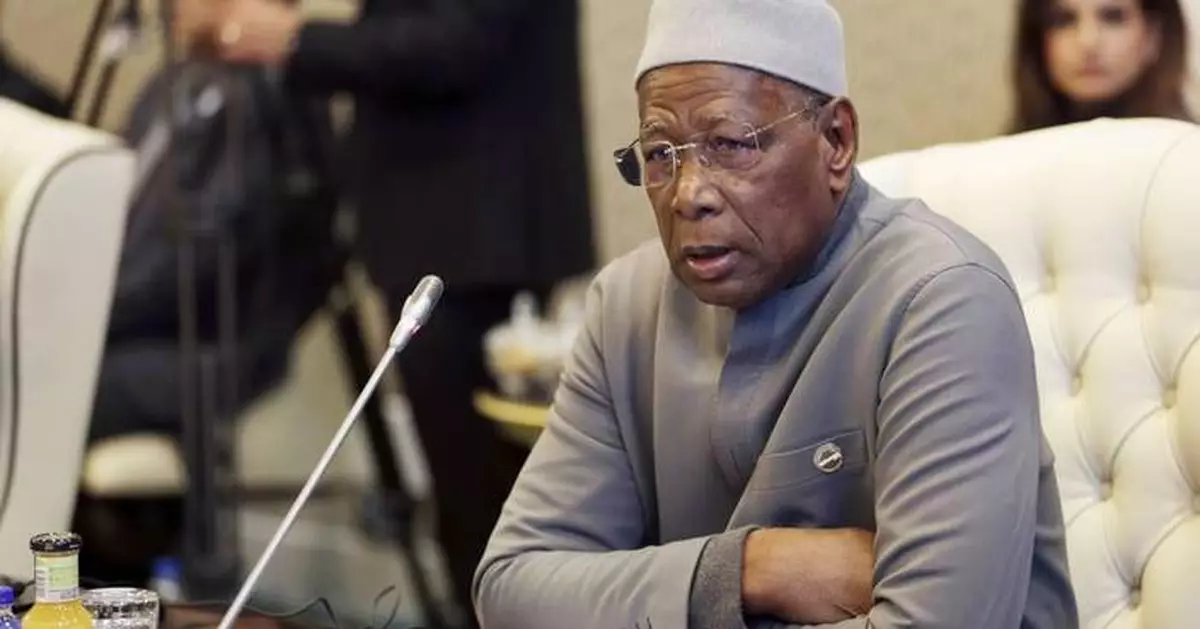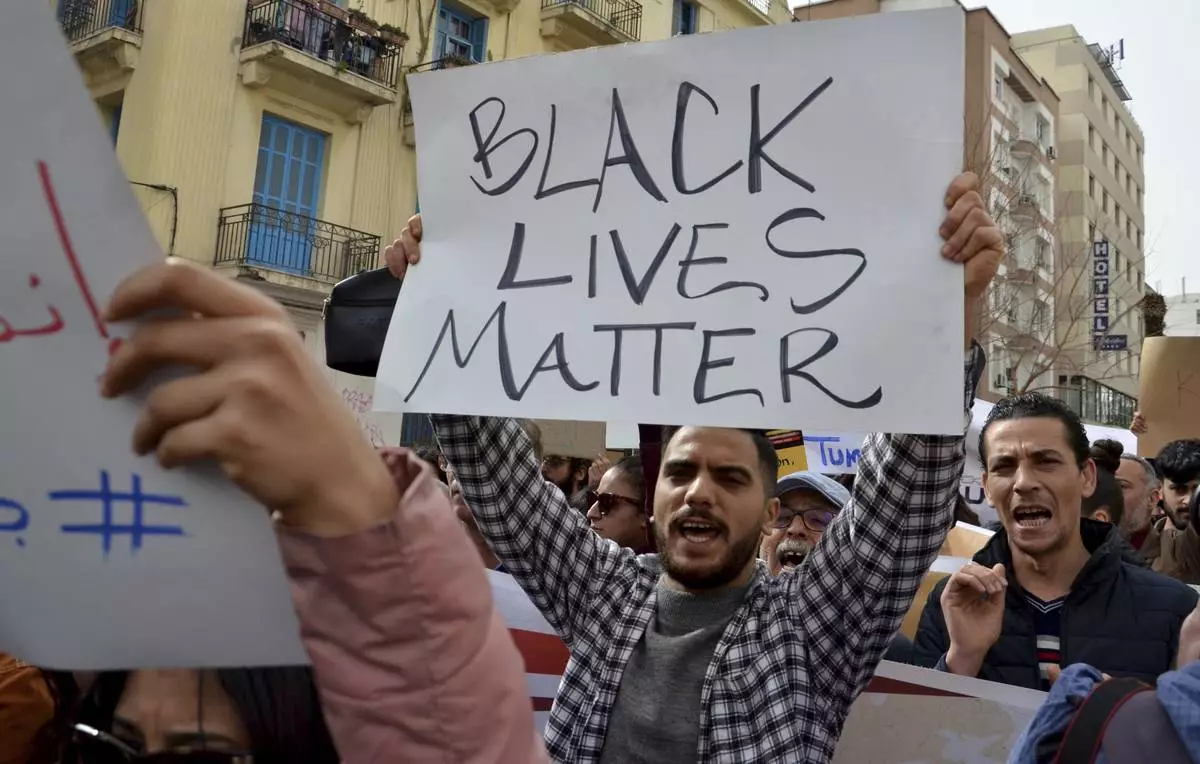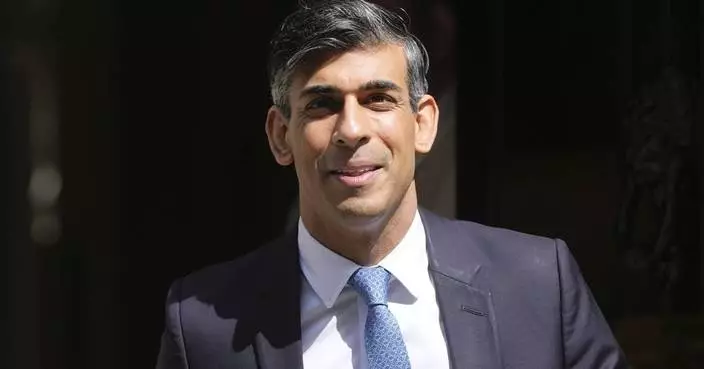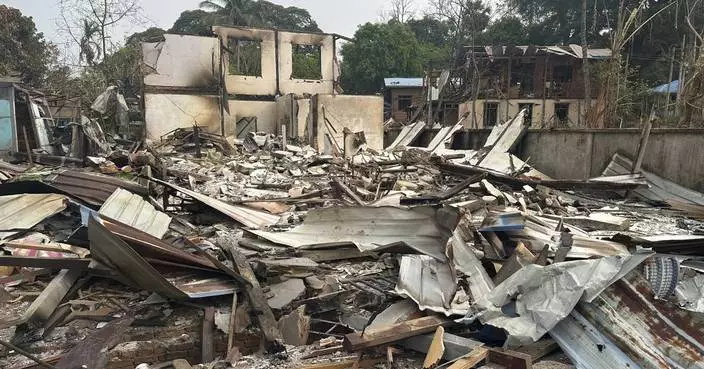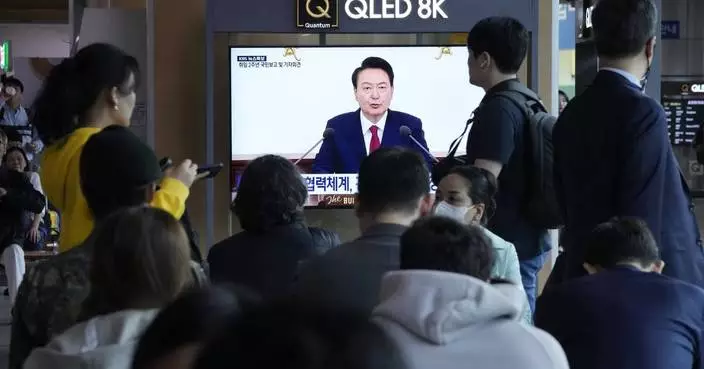UNITED NATIONS (AP) — The U.N. envoy for Libya, Abdoulaye Bathily, lashed out at the country’s feuding parties and their foreign backers at a U.N. Security Council meeting Tuesday and then confirmed he had submitted his resignation.
The former Senegalese minister and U.N. diplomat, who has held the job for 18 months, said he had done his best to get the five key political actors in Libya to resolve contested issues over electoral laws and form a unified government to lead the country to long-delayed elections.
But Bathily said his attempts “were met with stubborn resistance, unreasonable expectations and indifference to the interests of the Libyan people.” And he warned that these entrenched positions, reinforced by “a divided regional and global landscape,” may push Libya and the region to further instability and insecurity.
The U.N. envoy, clearly frustrated, also warned that oil-rich Libya “has become the playground for fierce rivalry among regional and international actors motivated by geopolitical, political and economic interests as well as competition extending beyond Libya and related to its neighborhood.” And he accused these actors of undermining U.N. efforts.
Bathily did not inform the Security Council either at the open meeting or the closed session that followed that he had submitted his resignation, council diplomats said. But afterward, in response to a question from a reporter, he said, “Yes, I did tender my resignation to the secretary-general,” he said, without giving any reasons.
Secretary-General António Guterres accepted Bathily's resignation and said he's grateful “for his tireless efforts to restore peace and stability to Libya,” U.N. spokesman Stephane Dujarric said.
Libya plunged into chaos after a NATO-backed uprising toppled and killed longtime dictator Moammar Gadhafi in 2011. In the chaos that followed, the country split, with rival administrations in the east and west backed by rogue militias and foreign governments.
The country’s current political crisis stems from the failure to hold elections on Dec. 24, 2021, and the refusal of Prime Minister Abdul Hamid Dbeibah — who led a transitional government in the capital of Tripoli — to step down.
In response, Libya’s east-based parliament appointed a rival prime minister, Fathy Bashagha, but suspended him in May 2023. The powerful military commander Khalifa Hifter continues to hold sway in the east.
For years, Egypt, the United Arab Emirates and Russia backed Hifter while the Tripoli-based militaries enjoyed the support of Turkey, Qatar and Italy, especially during Hifter’s unsuccessful offensive to take the capital in 2019.
Libya’s strategic location on the Mediterranean, and the political chaos, have made the country a major route for African migrants trying to get to Europe and human smugglers. The Islamic State and other extremist groups also exploited the chaos and while some are in prison in Libya they remain a threat, especially from its restive western and southern borders where these groups have gained support.
Over the last month, Bathily said, the situation in Libya has deteriorated as a result of two major factors.
The first is “the lack of political will and good faith by the major Libyan actors who are comfortable with the current stalemate, which has been going on in Libya since 2011,” he said.
The second is the ongoing scramble for Libya’s territory that has made it a battleground for different foreign actors and Libyan armed groups, he said.
Bathily pointed to initiatives in recent months, whose objective, even if not declared, is “to disrupt the U.N.-led process” to form a unified government.
He singled out a meeting in Cairo on March 10 where three key political players reportedly reached an agreement that the U.N. was not part of, and that wasn’t supported by the other parties that were not invited.
“Unilateral, parallel and uncoordinated initiatives contribute to unnecessary complications and to the consolidation of the status quo,” he said, and as long as these continue “there is no way we can move forward.”
Bathily stressed that “the unity of the international community is key to resolving the Libya crisis.”
He said the Security Council, which authorized the 2011 NATO intervention, must demonstrate unity and “compel” Libyan and regional “stakeholders” to back the U.N.’s efforts to unite Libya through a political dialogue.
The Security Council also has “a moral responsibility” to end the crisis by telling everybody – the “so-called national leaders” in power today and their foreign backers – to let the Libyan people have the opportunity to chart a new course through elections and rebuild the country, Bathily said.
Libya is the richest country in the region and has the resources to be prosperous, stable and peaceful – without regional or international intervention, he said.
Bathily also stressed that peace and stability in Libya is critical for the stability of neighboring western Sahel and the wider region.
“More than ever, the renewed and coordinated commitment among regional and international actors is imperative,” he told the council.
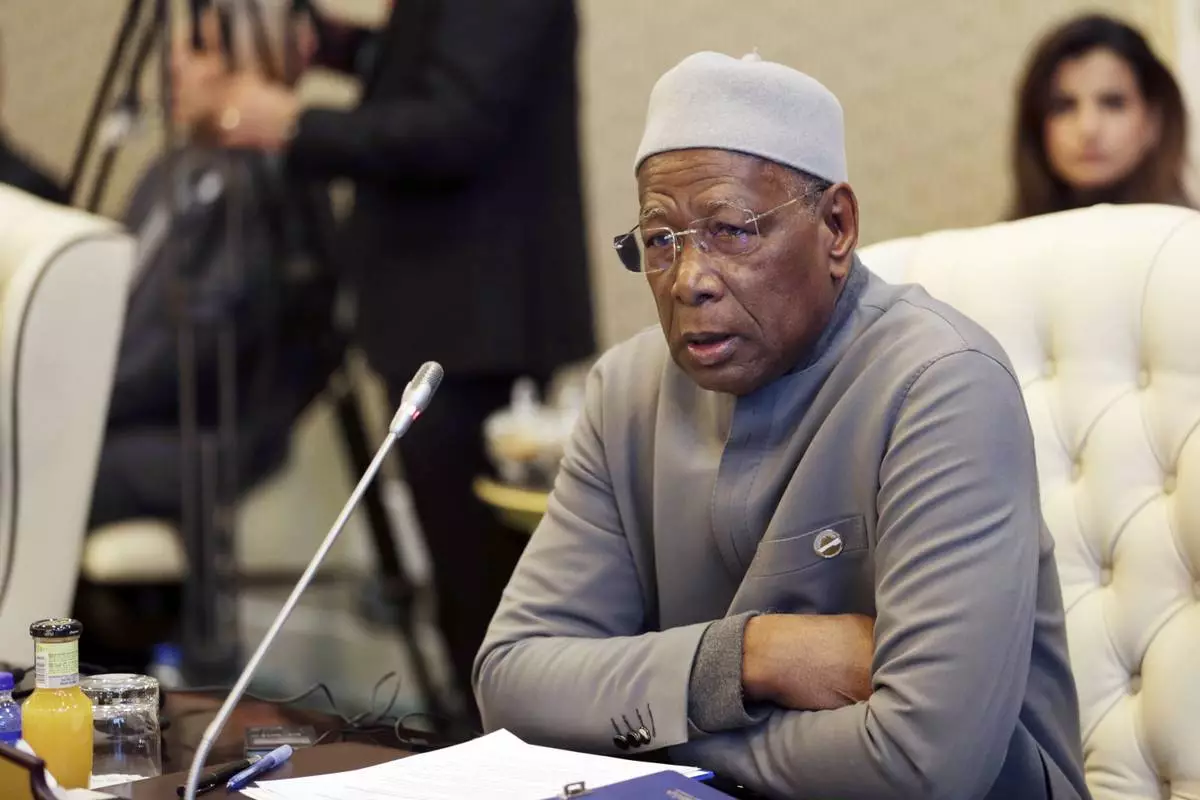
FILE - Special Representative of the UN Secretary General to Libya Abdoulaye Bathily speaks during a meeting with Arab Foreign Ministers in the capital of Tripoli, Sunday Jan. 22, 2023. Bathily, lashed out at the country’s feuding parties and their foreign backers at a U.N. Security Council meeting Tuesday, April 16, 2024, and then confirmed he had submitted his resignation. (AP Photo/Yousef Murad, File)


